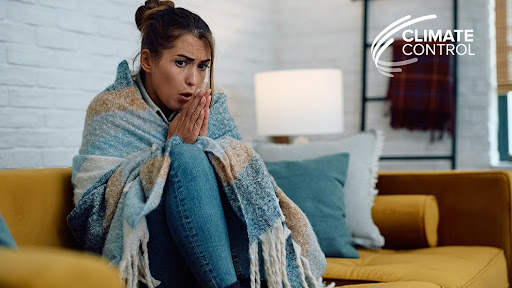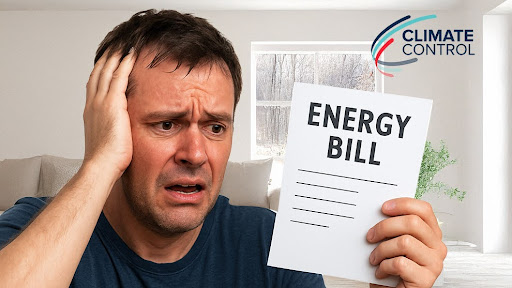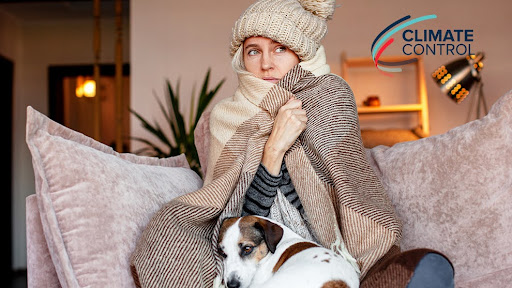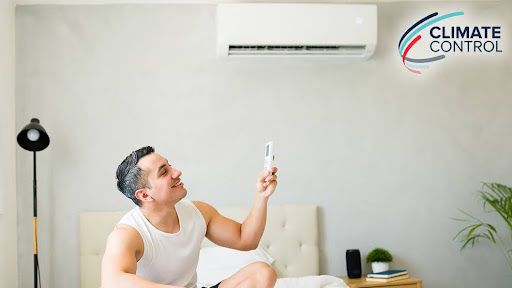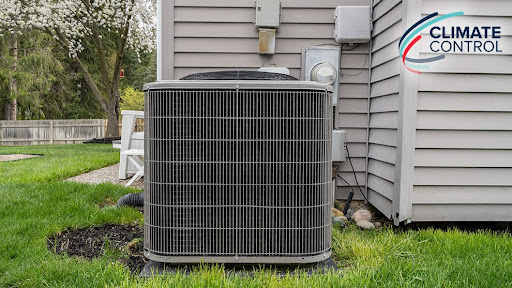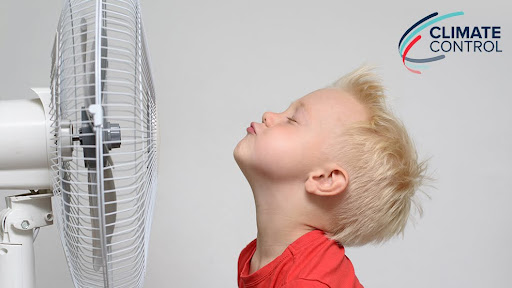Regardless of whether you live in an area with consistently good air quality or you reside someplace where the quality often leaves much to be desired, it might be a good idea for you to think about taking steps to improve the air quality in your home. Air quality can impact just about anyone, whether it triggers sneezing and the sniffles or contributes to chronic coughing. While some effects are nothing more than annoying, such as itchy eyes, others can be more serious, such as lung infections.
When you’re living in an environment where the indoor air quality isn’t high, it can affect you quickly. You may get the sniffles, you may have itchy, watery eyes, or you may have symptoms that are more serious and less obviously related to the air quality – like lung infections or asthma. Professionals who specialize in Vail air conditioning can tell you that sometimes it’s easy to lessen those symptoms – with tune up of your air conditioning unit to improve the indoor air quality of your home.
Common Indoor Air Quality Issues
- Stagnant Air and Inadequate Ventilation: When air doesn’t circulate properly, your home can feel stuffy and stale, which can lead to a variety of problems. There are two types of ventilation that can help to improve the air circulation and quality in your home. You can achieve spot ventilation with fans in high-humidity areas like kitchens and bathrooms; dilution ventilation is achieved with air changers that exchange indoor air for outdoor air.
- Air Pollutants: Dust, residues from cleaning products and allergens are present in every home, and can be stirred up by vacuuming, the AC or heating system kicking on or even everyday movements. If you ensure that your HVAC filters are clean and your system is running properly but you still have pollutant issues, you might want to invest in a whole-house air cleaner or schedule maintenance for your duct work.
- Humidity: Too much moisture can lead to buildups of mildew and mold within your home; too little moisture can make your home uncomfortable and cause health problems, making it easier for inhabitants to become sick. If you’re concerned that you have too little humidity or too much in your home, you can use your air conditioner to control the humidity – first make sure that you have the right size HVAC unit.
If you’ve done as much as you can to control the sources of common indoor air pollutants – like banning smoking from in and around your home, storing cleaning products in a garage, and have reduced the amount of pollutants brought inside by taking off shoes and regularly cleaning floor mats, it may be time to schedule Glenwood Springs air conditioning service to ensure that air filters and coils are clean, humidity control systems attached to the heating units are working, and more. Contact Climate Control Company today!

